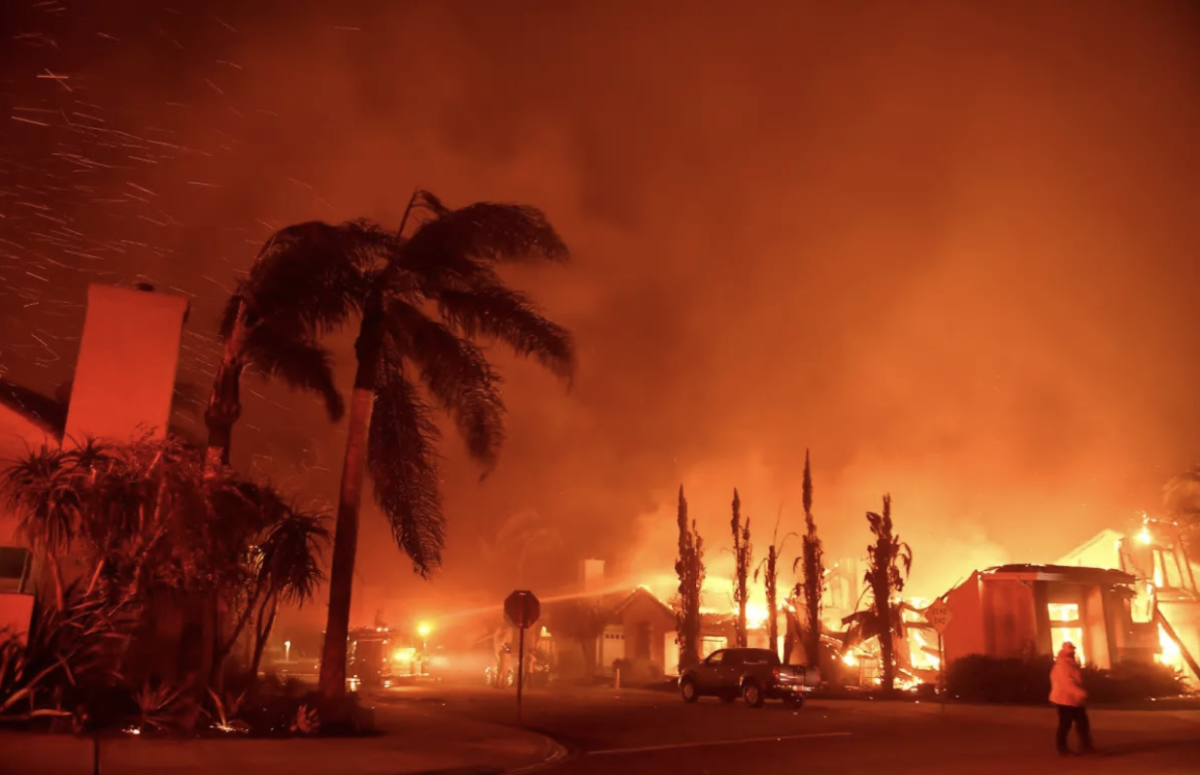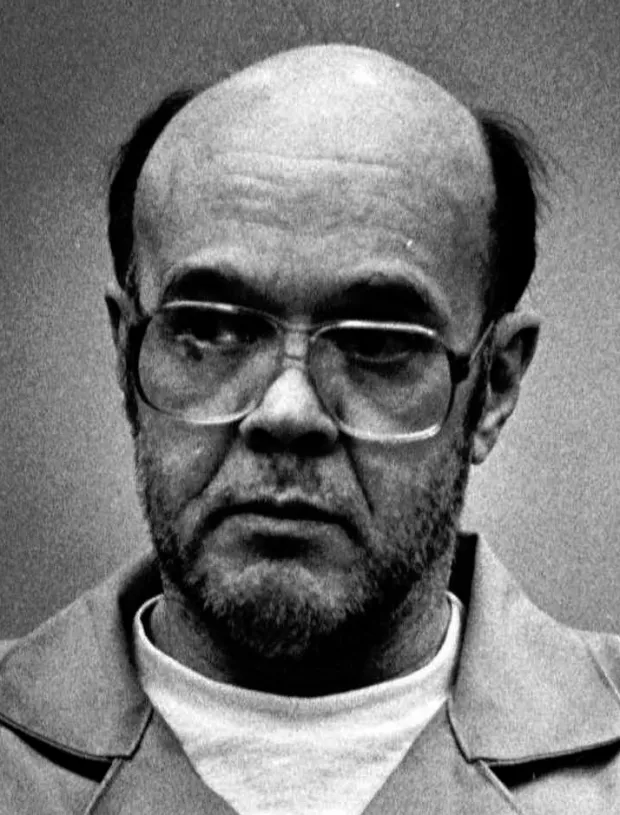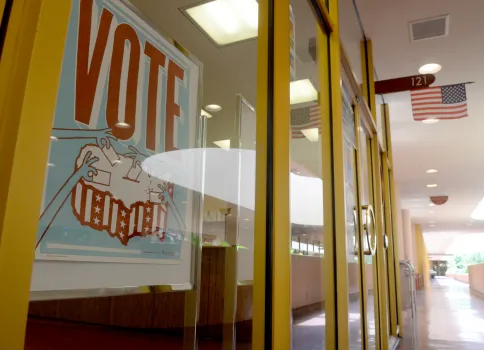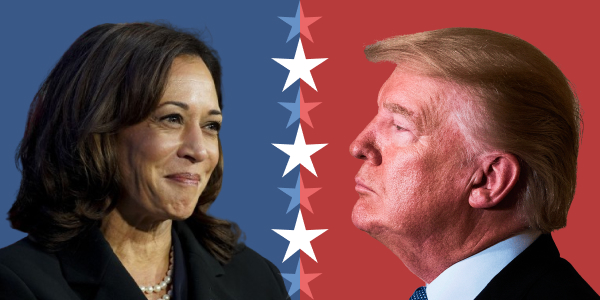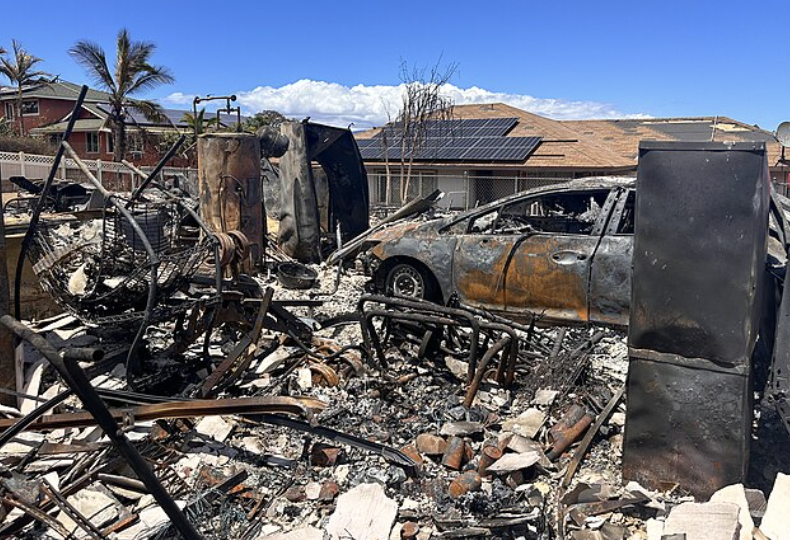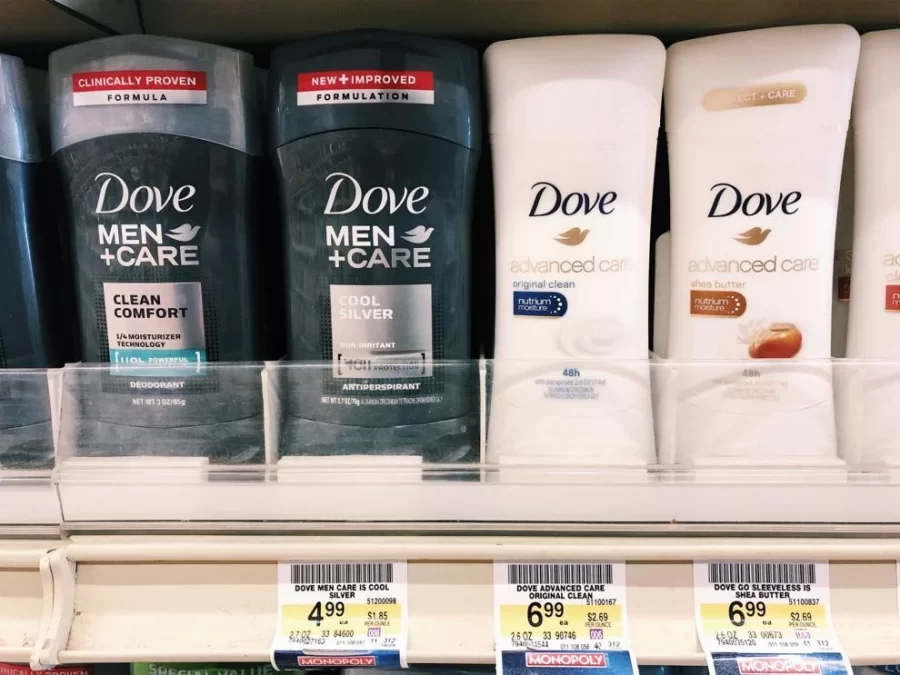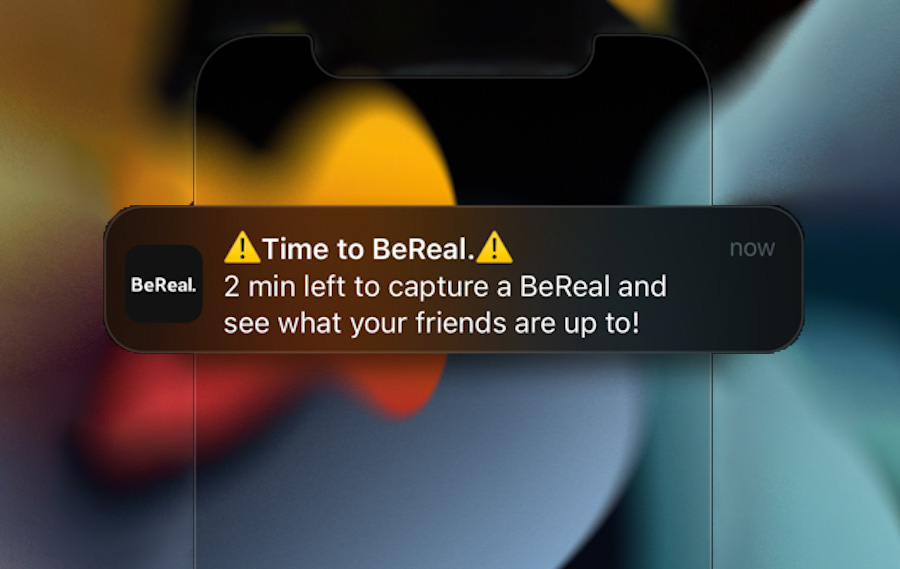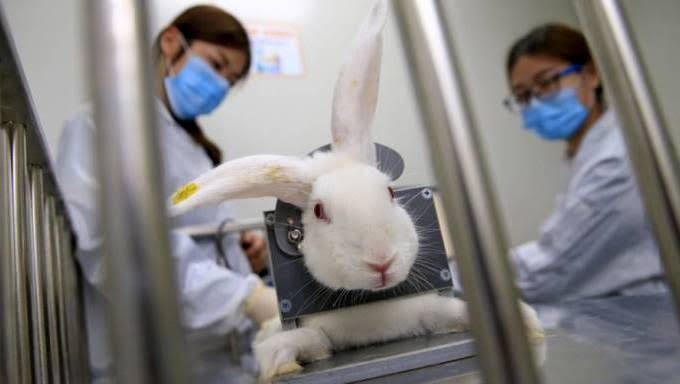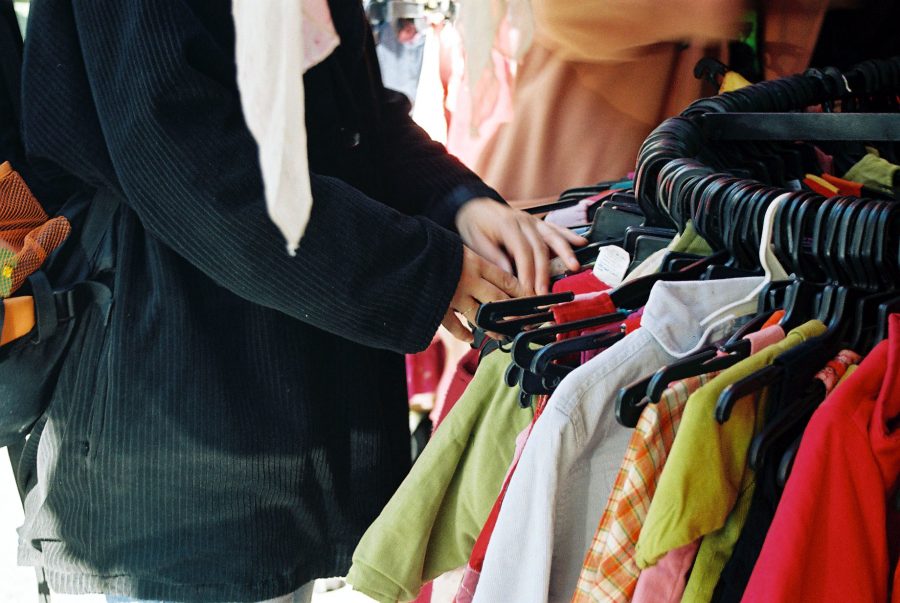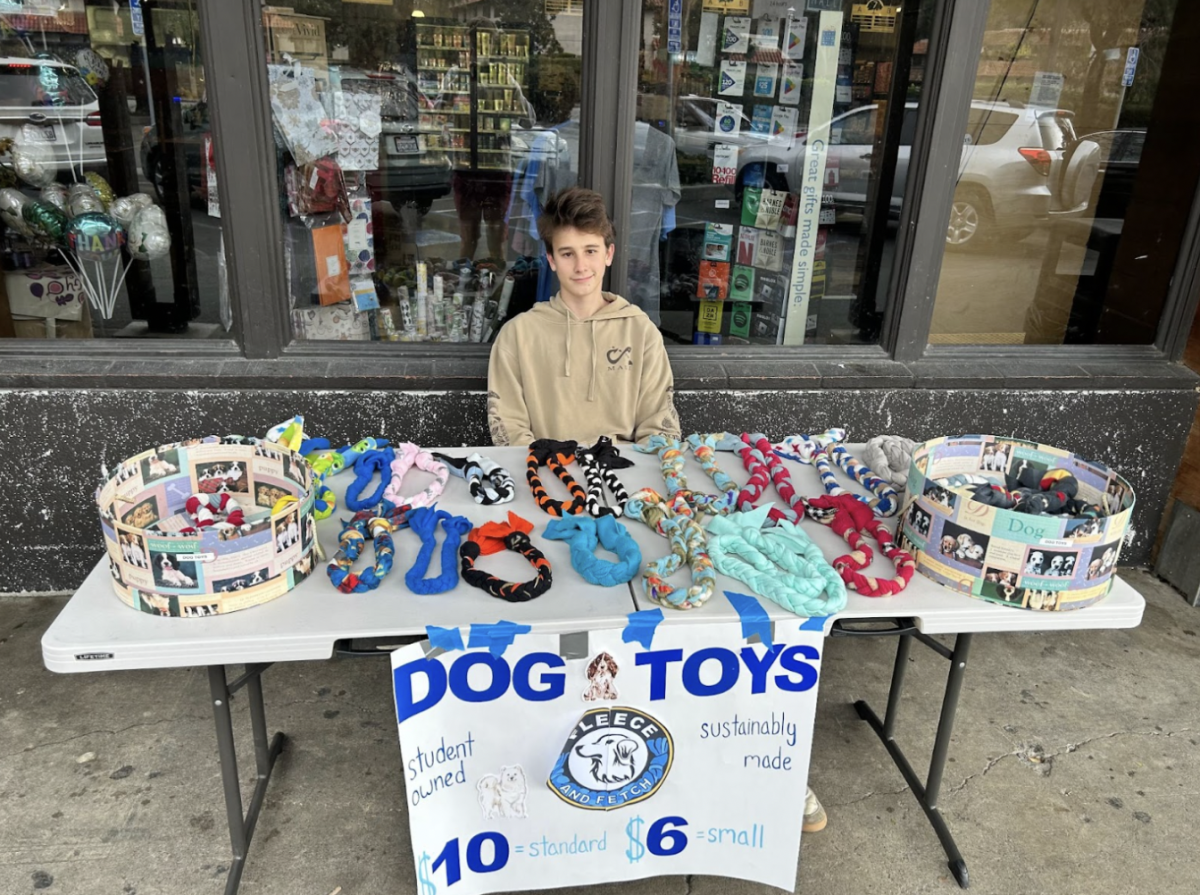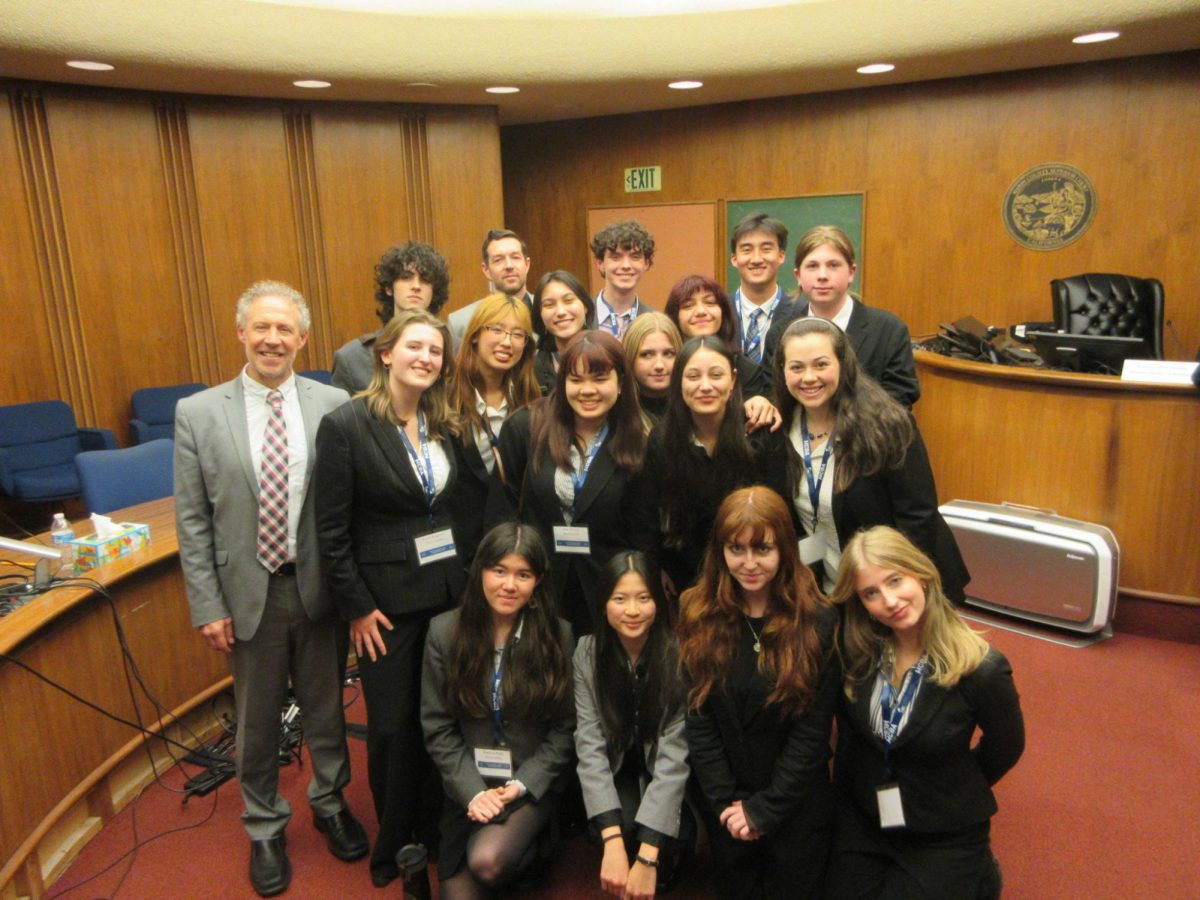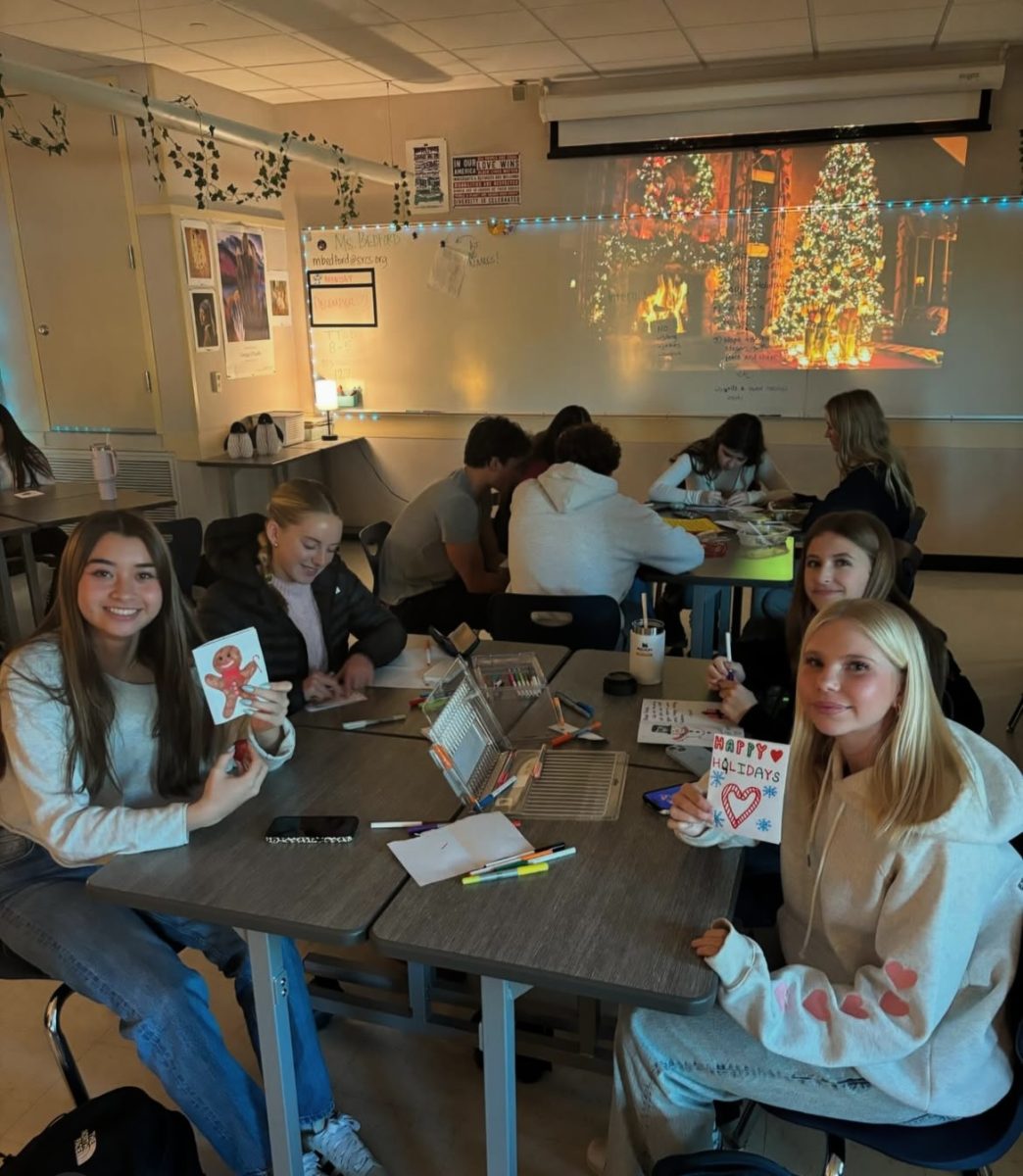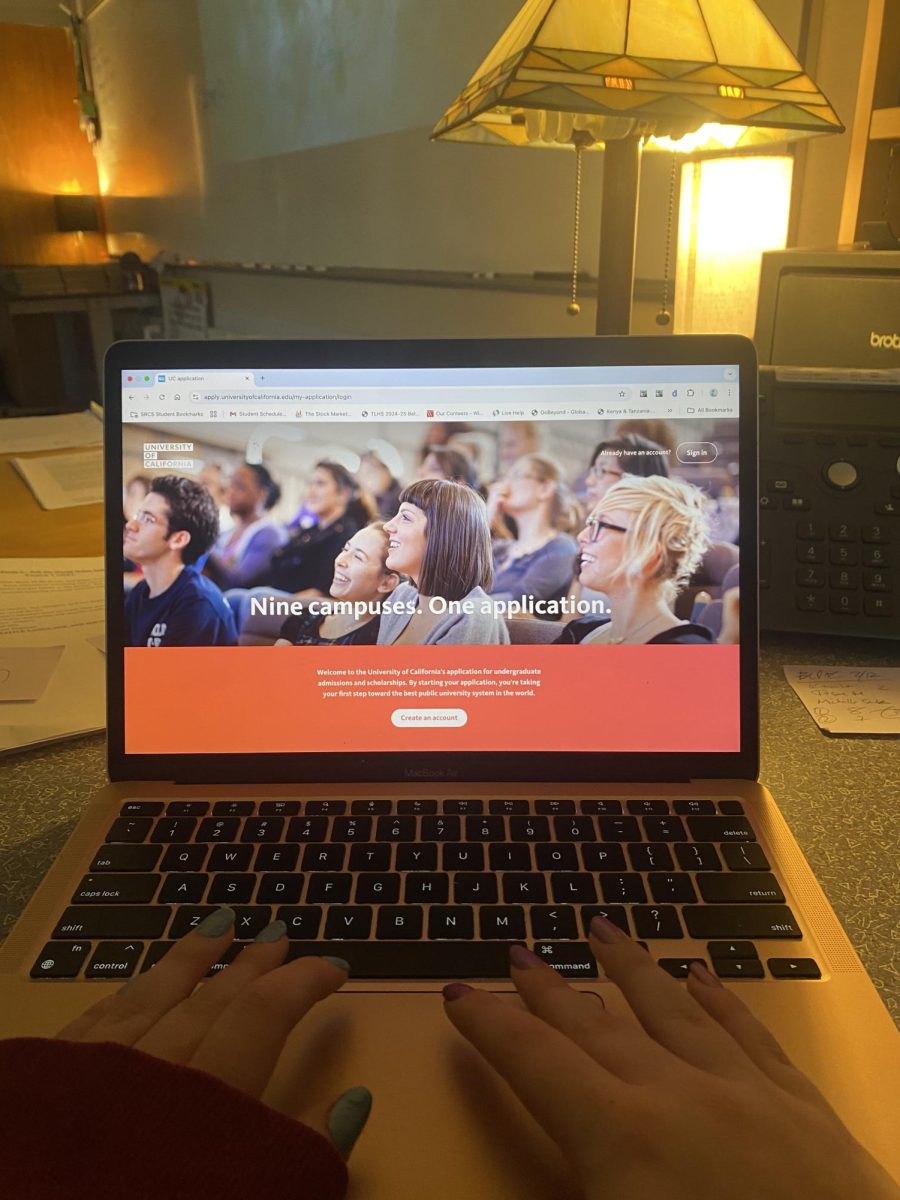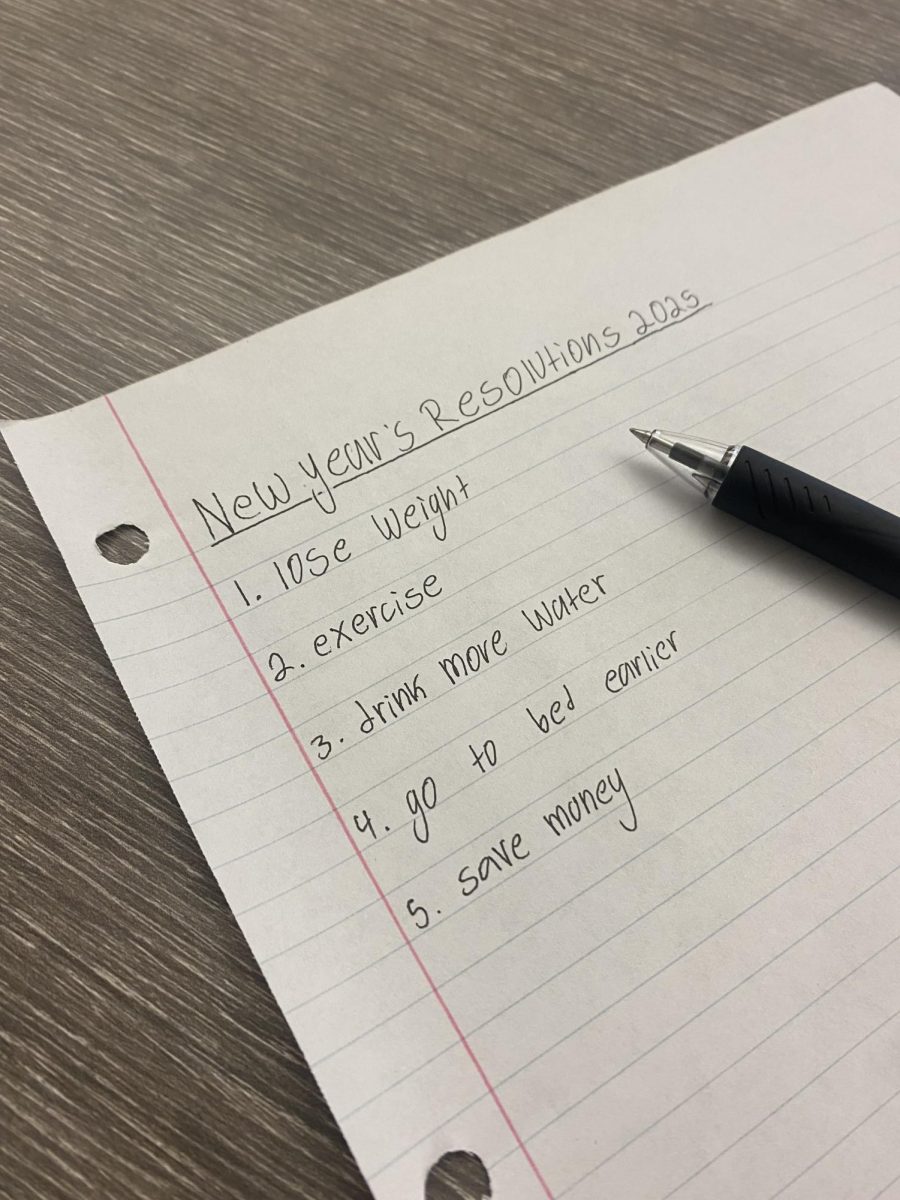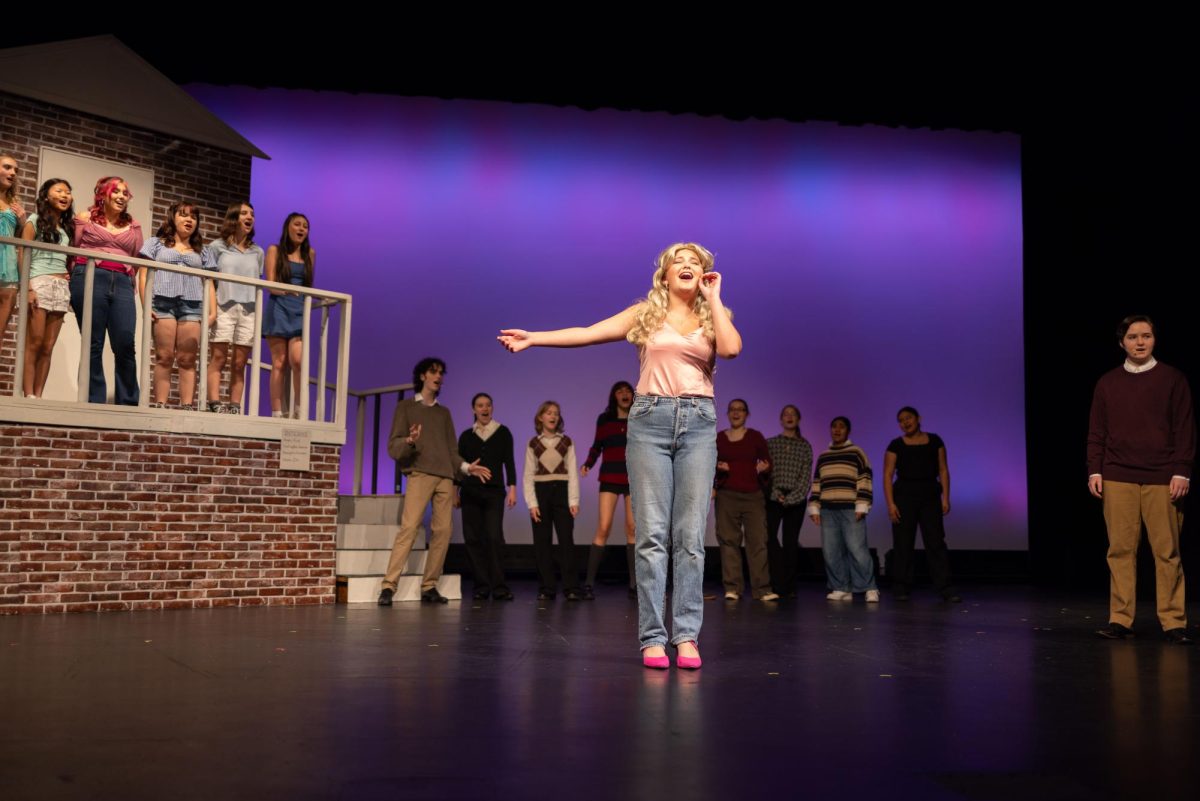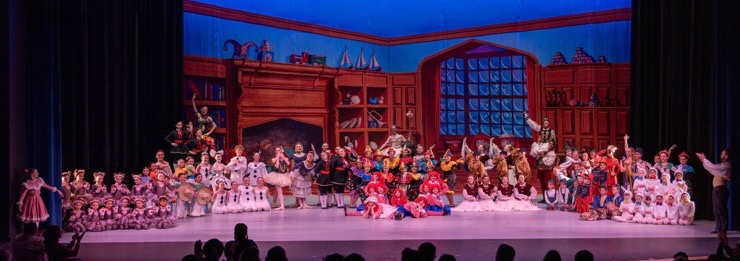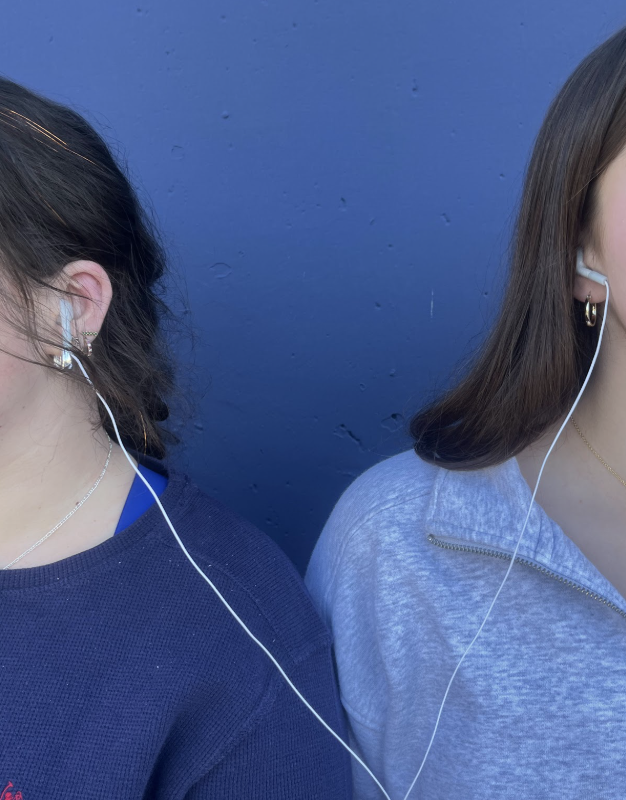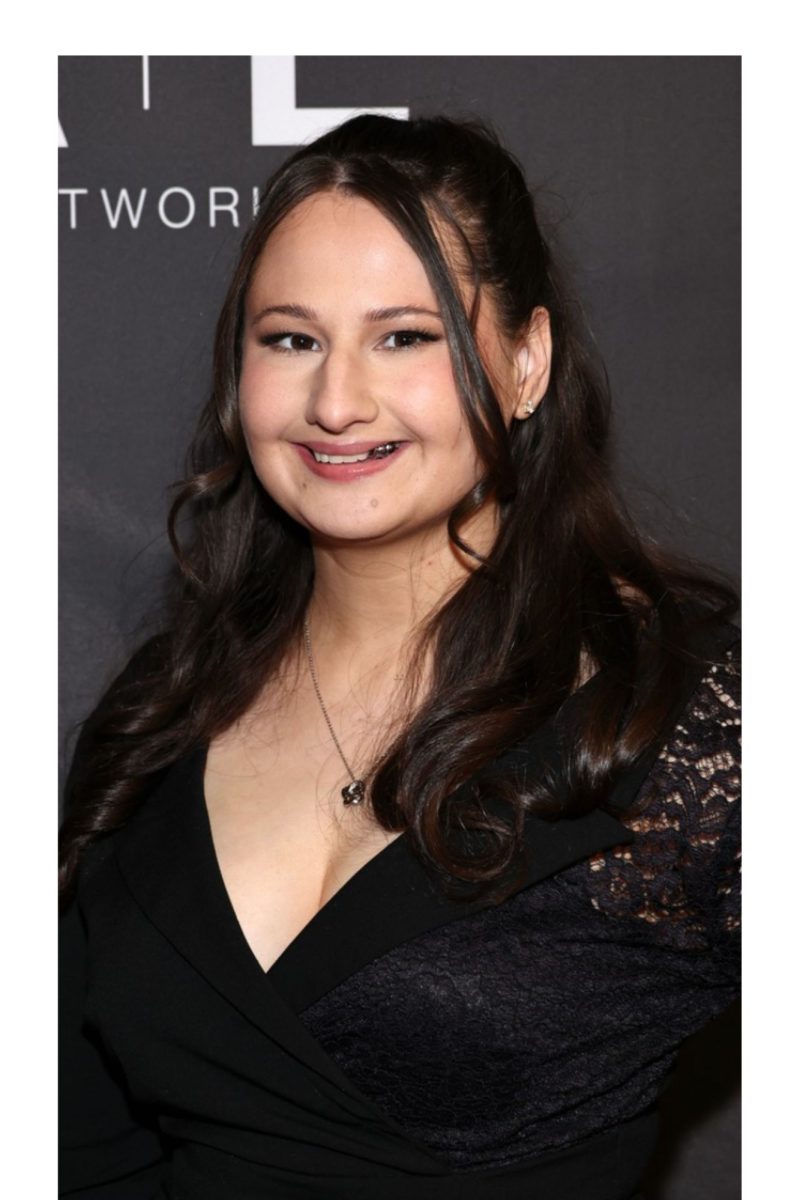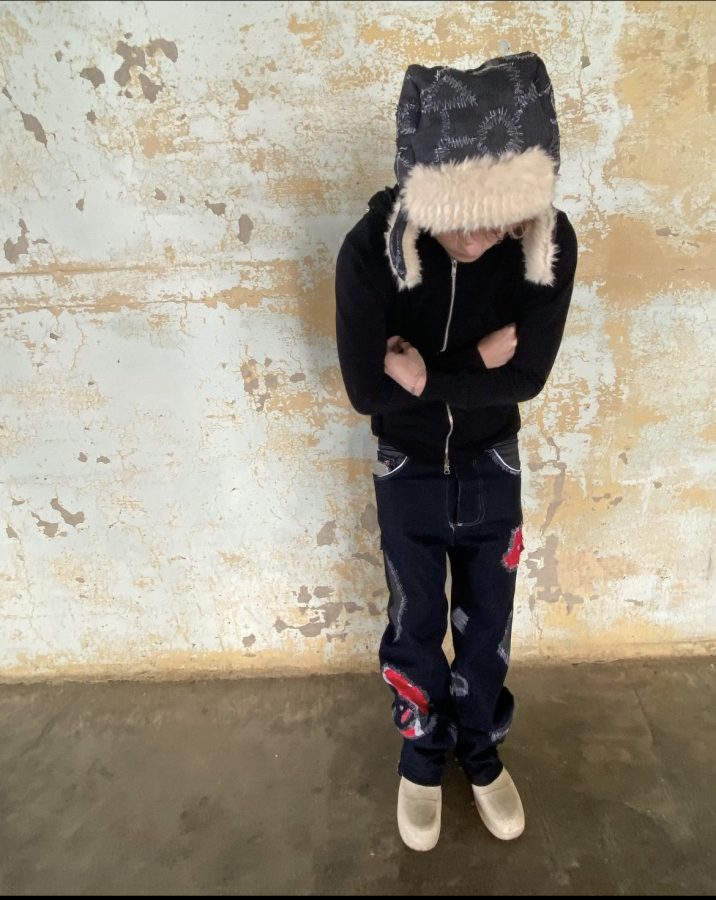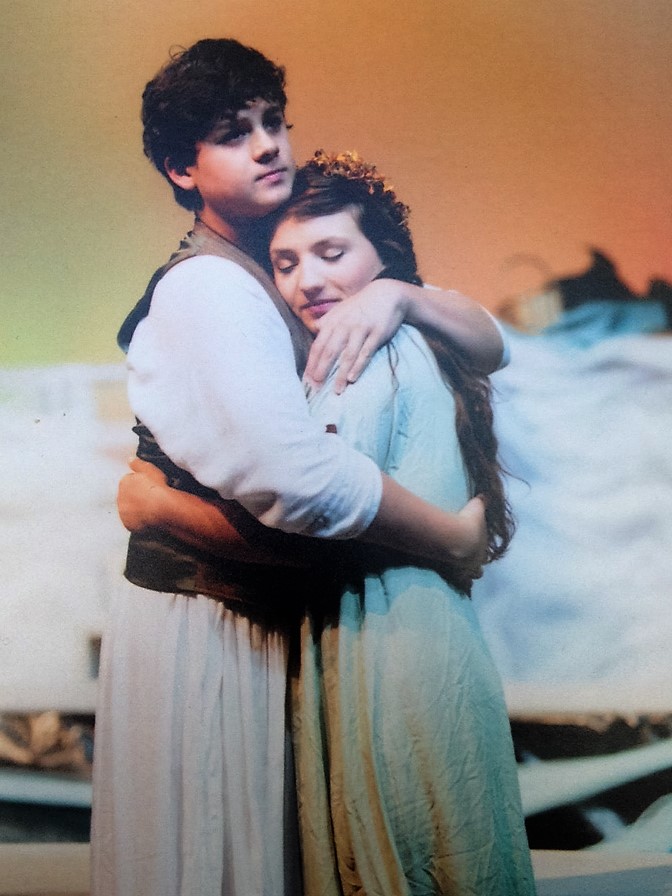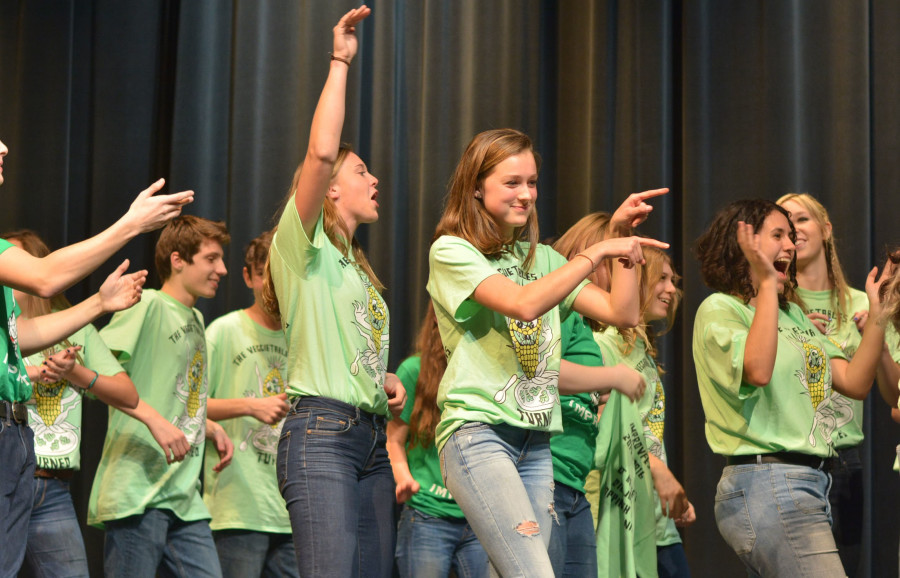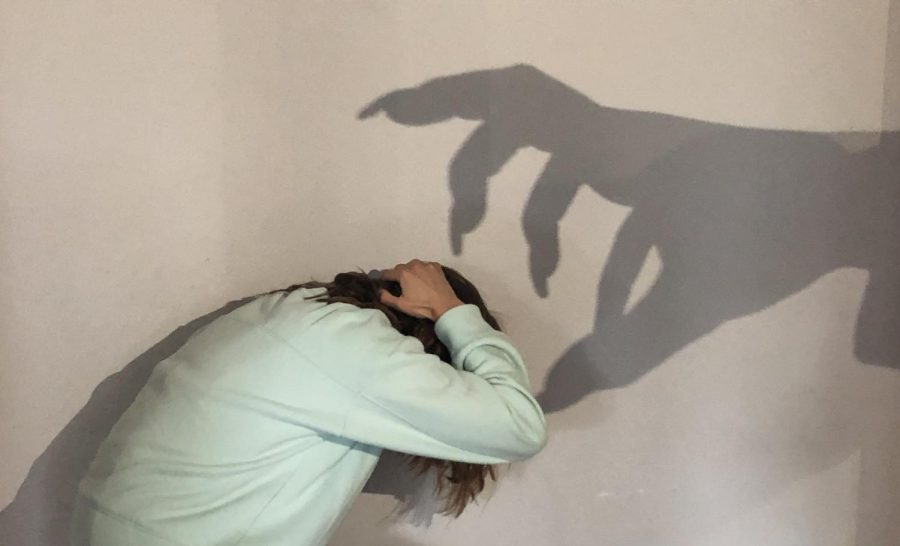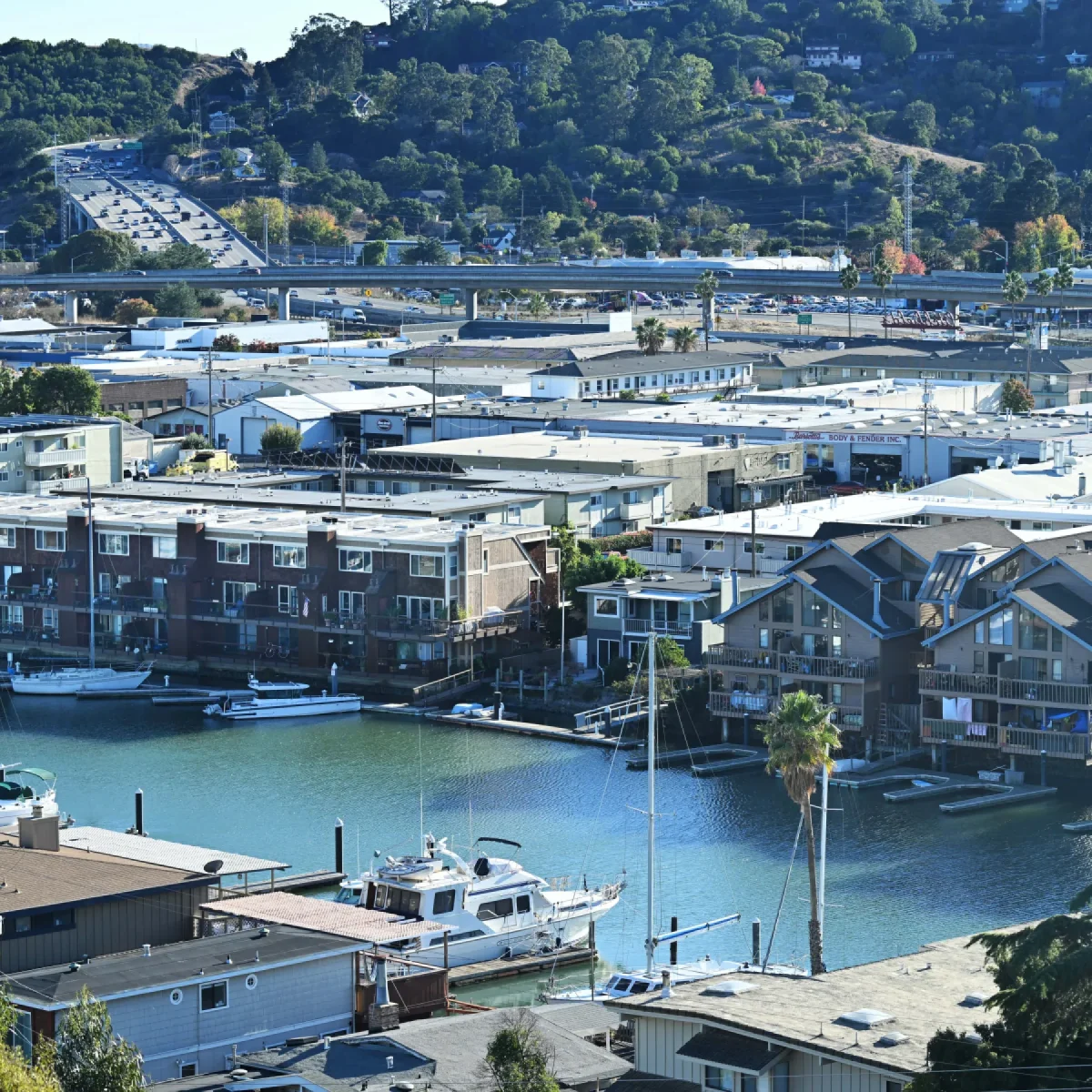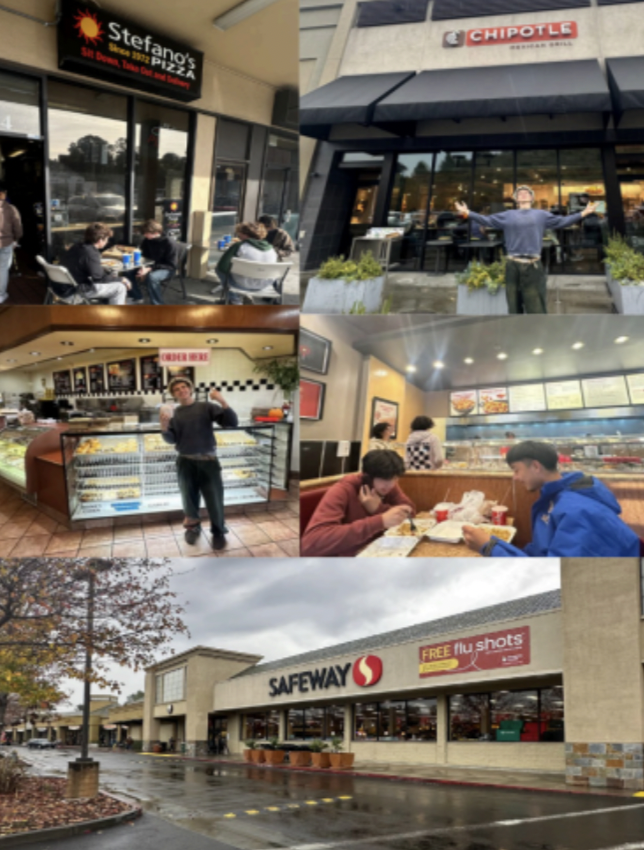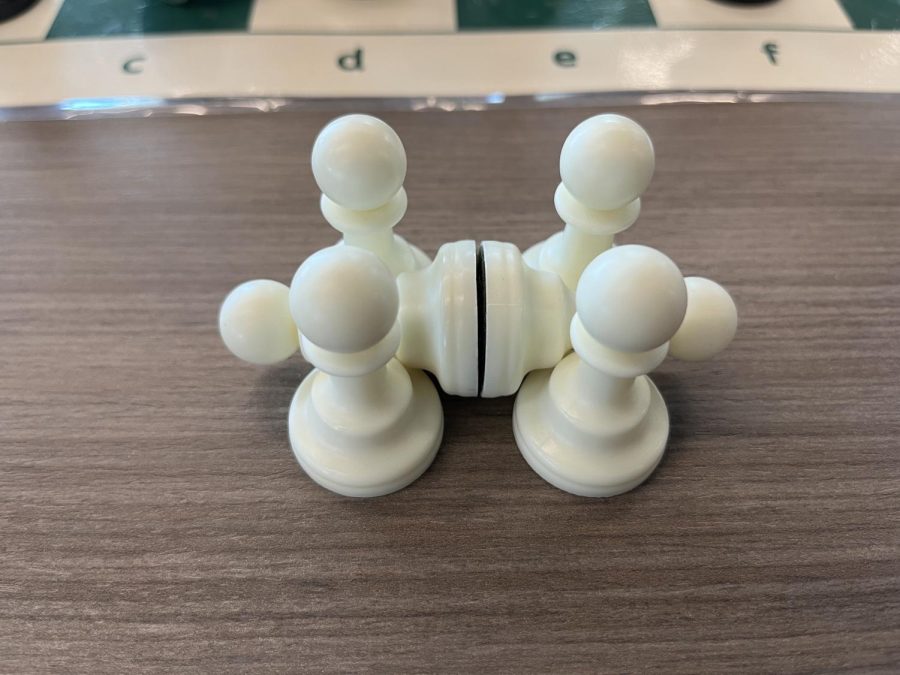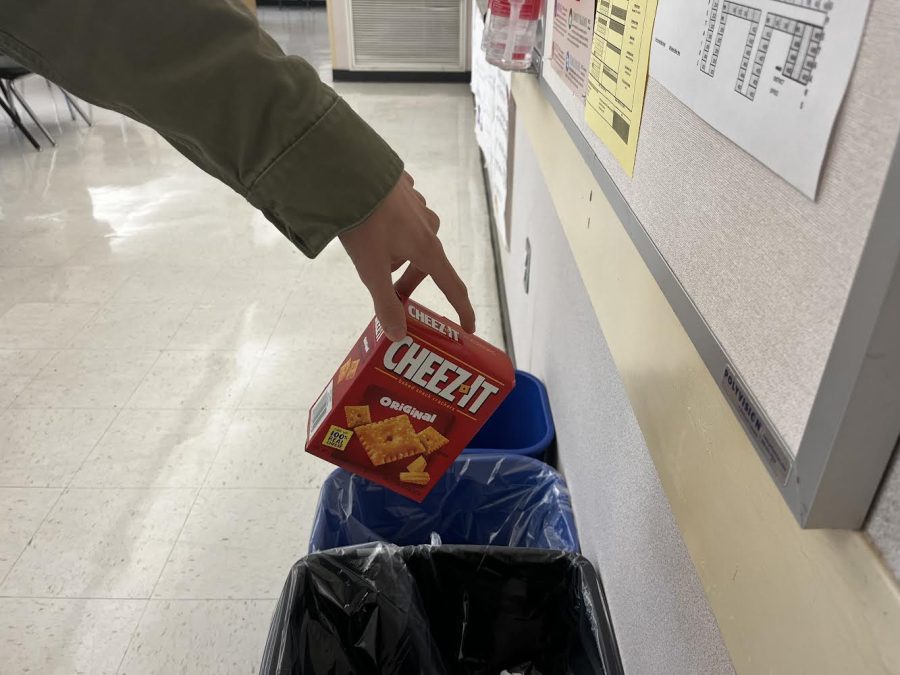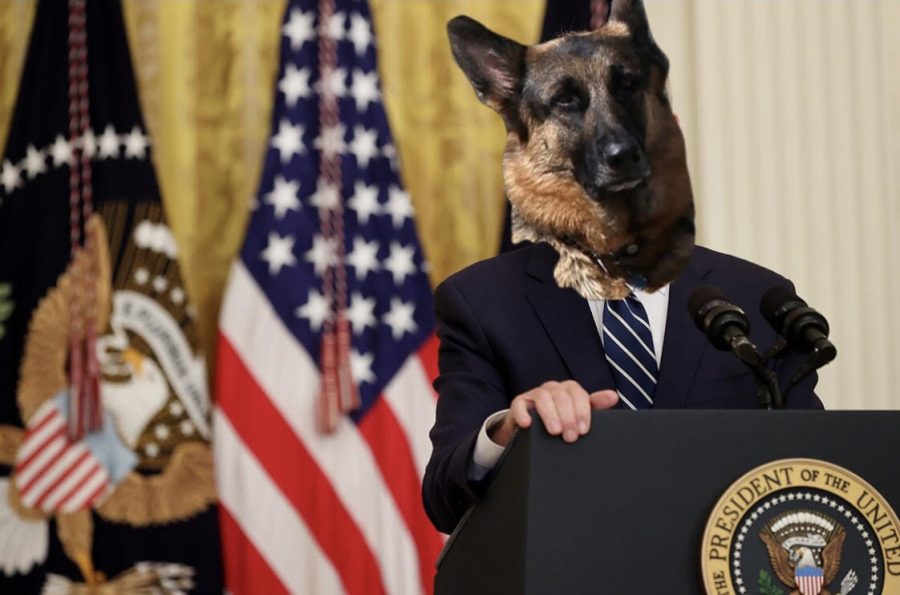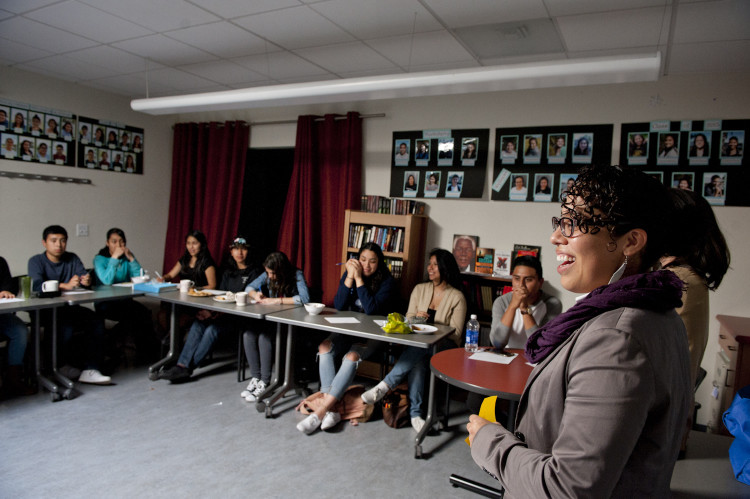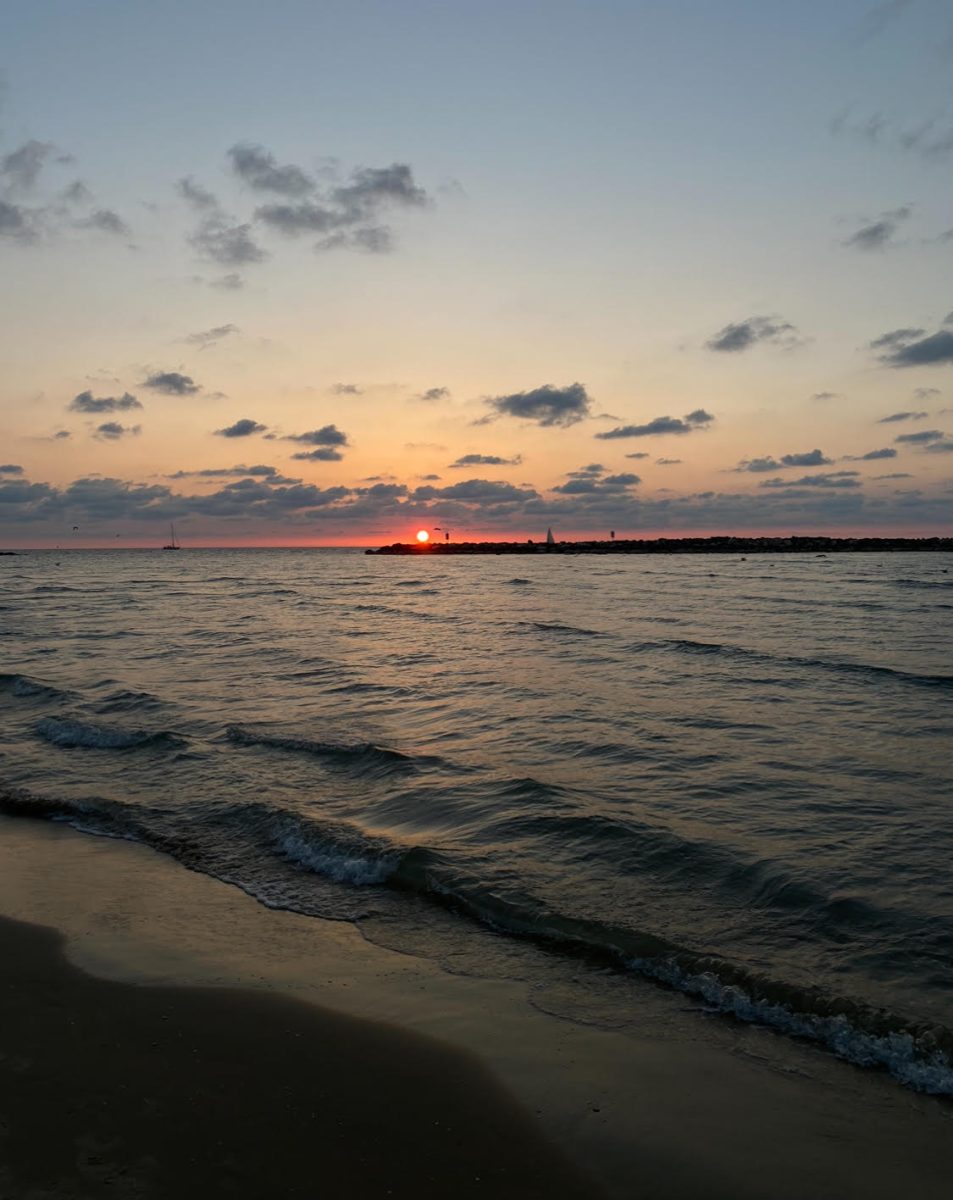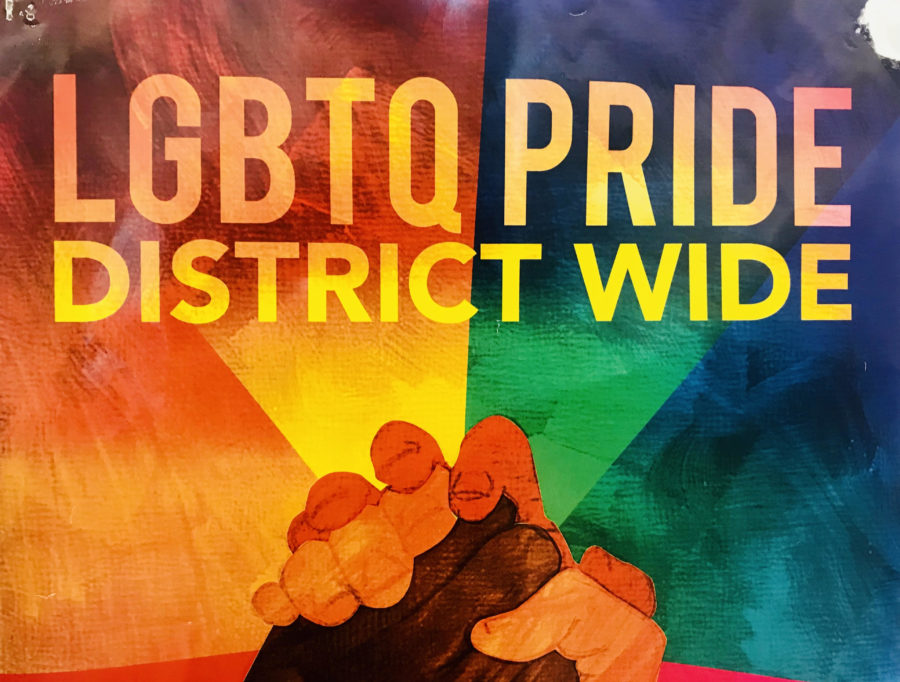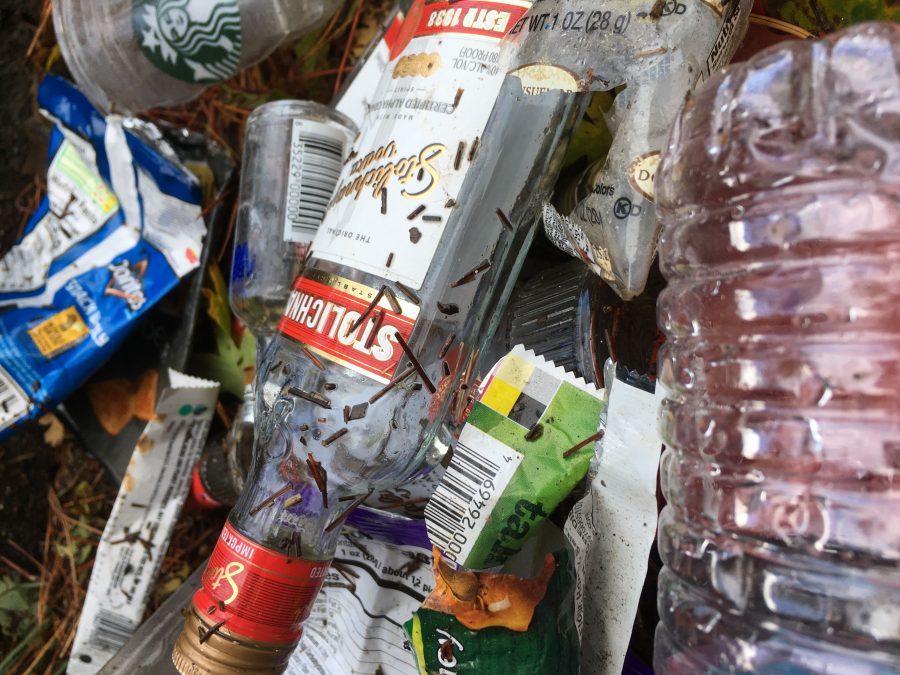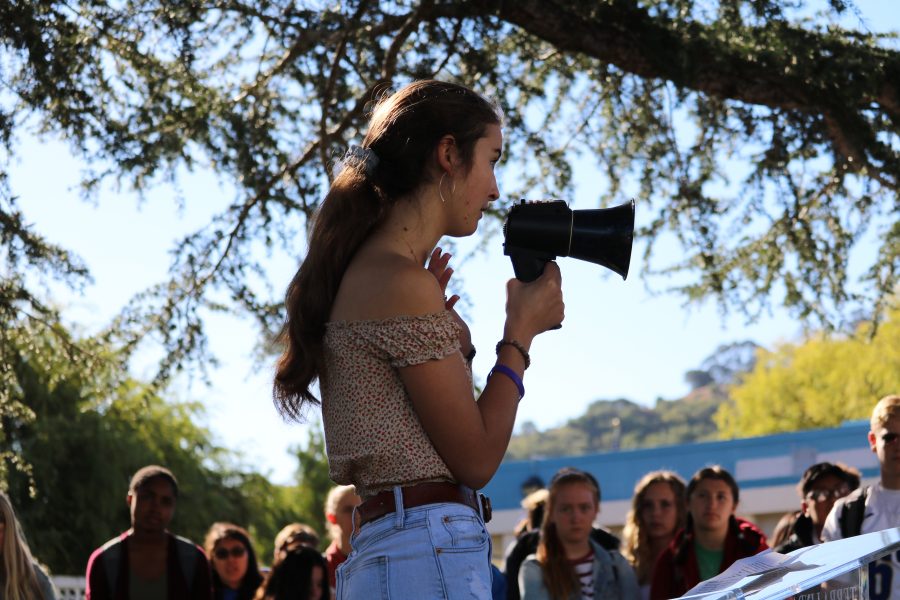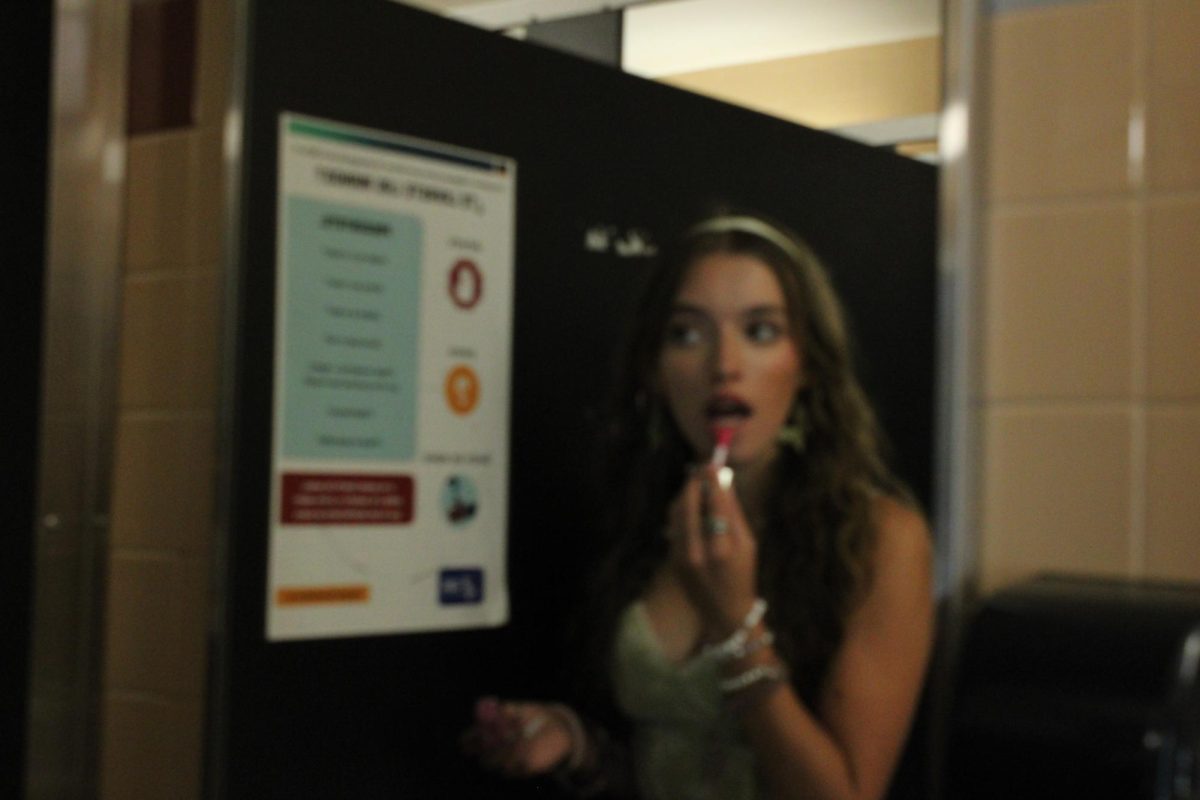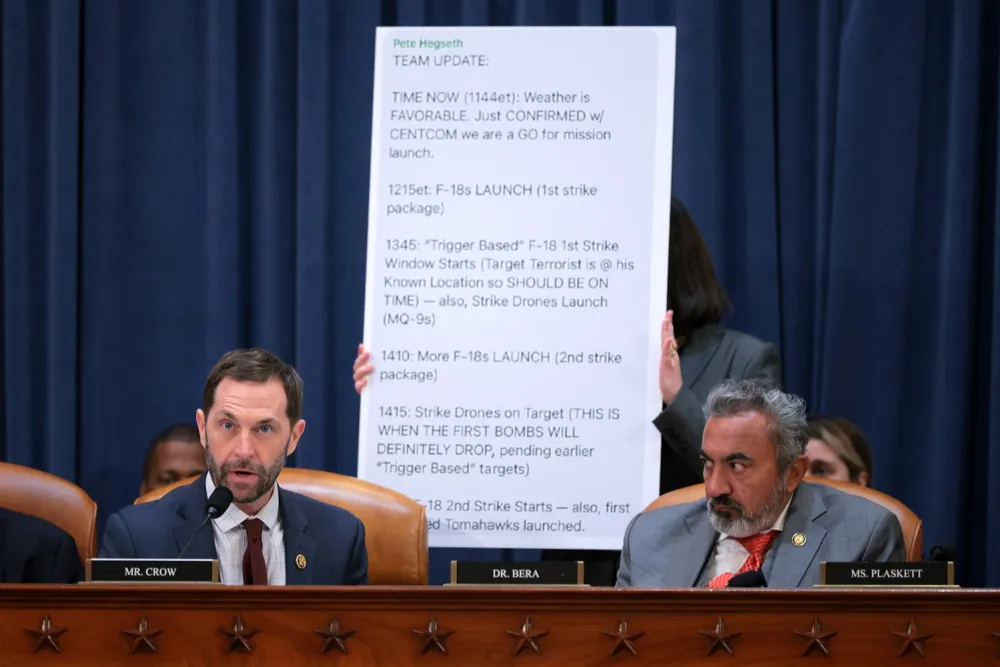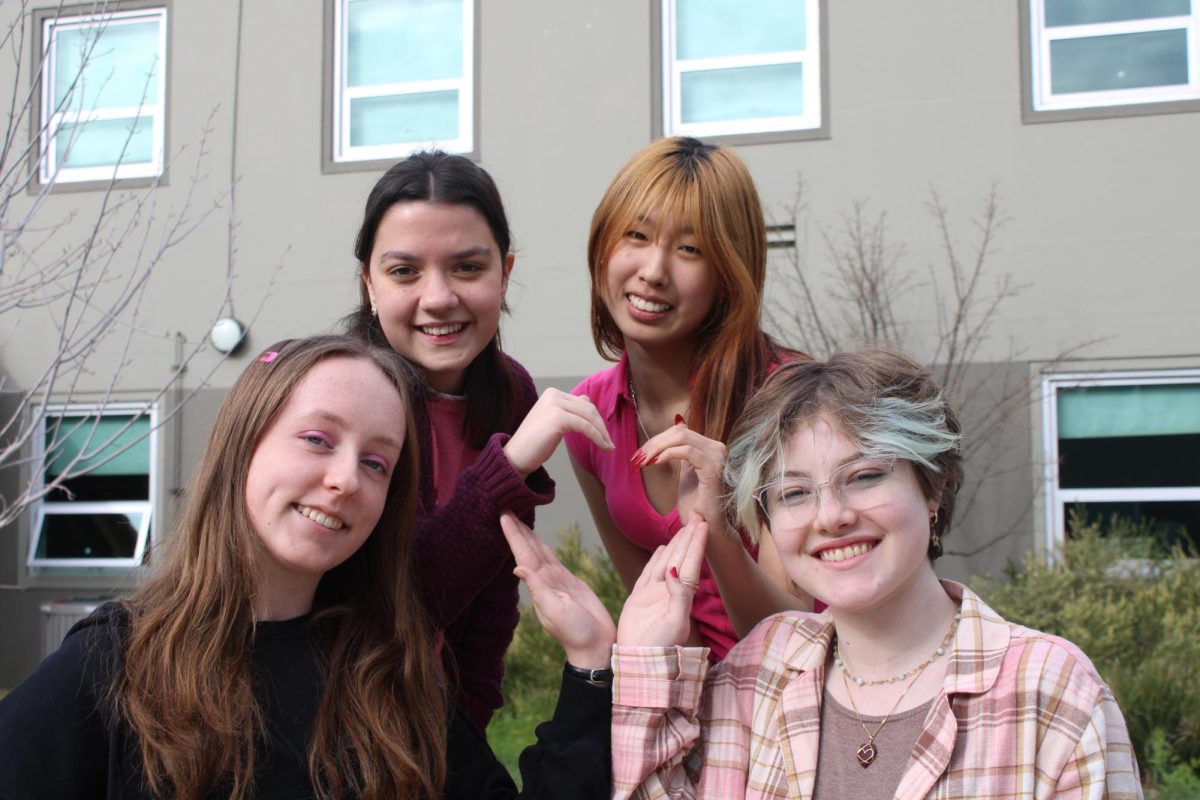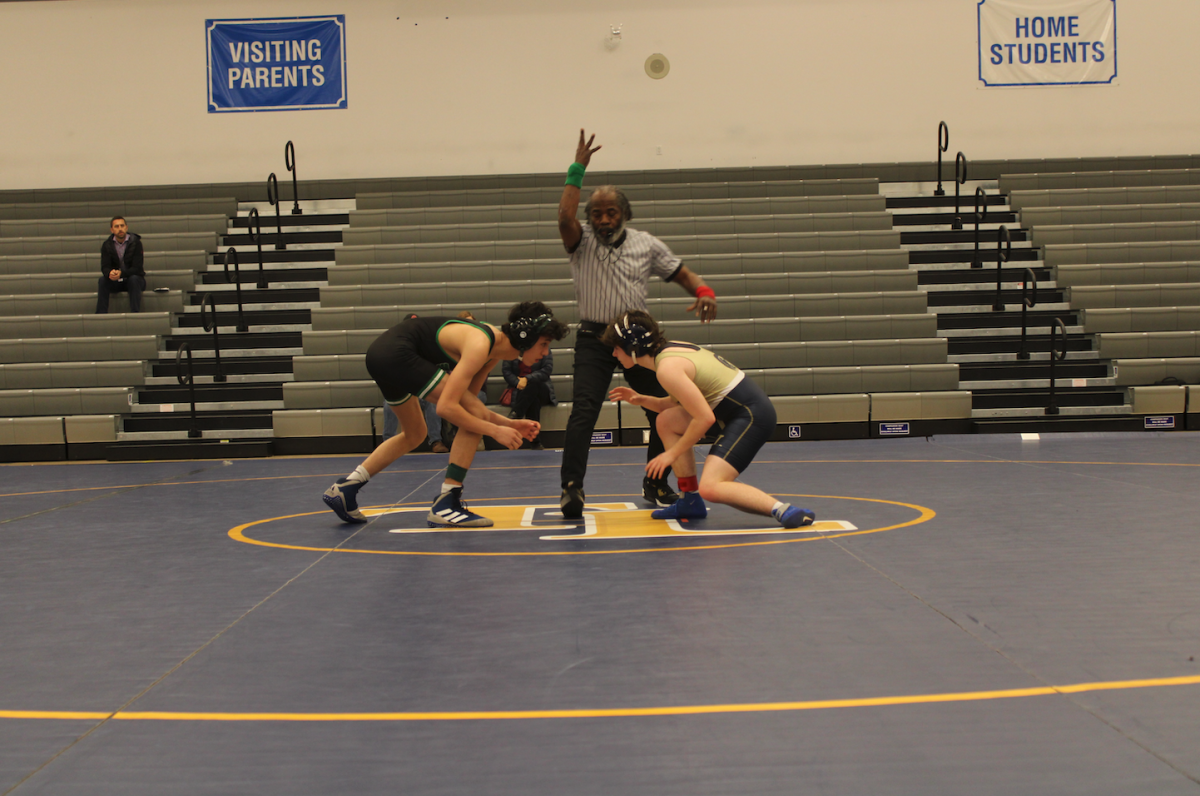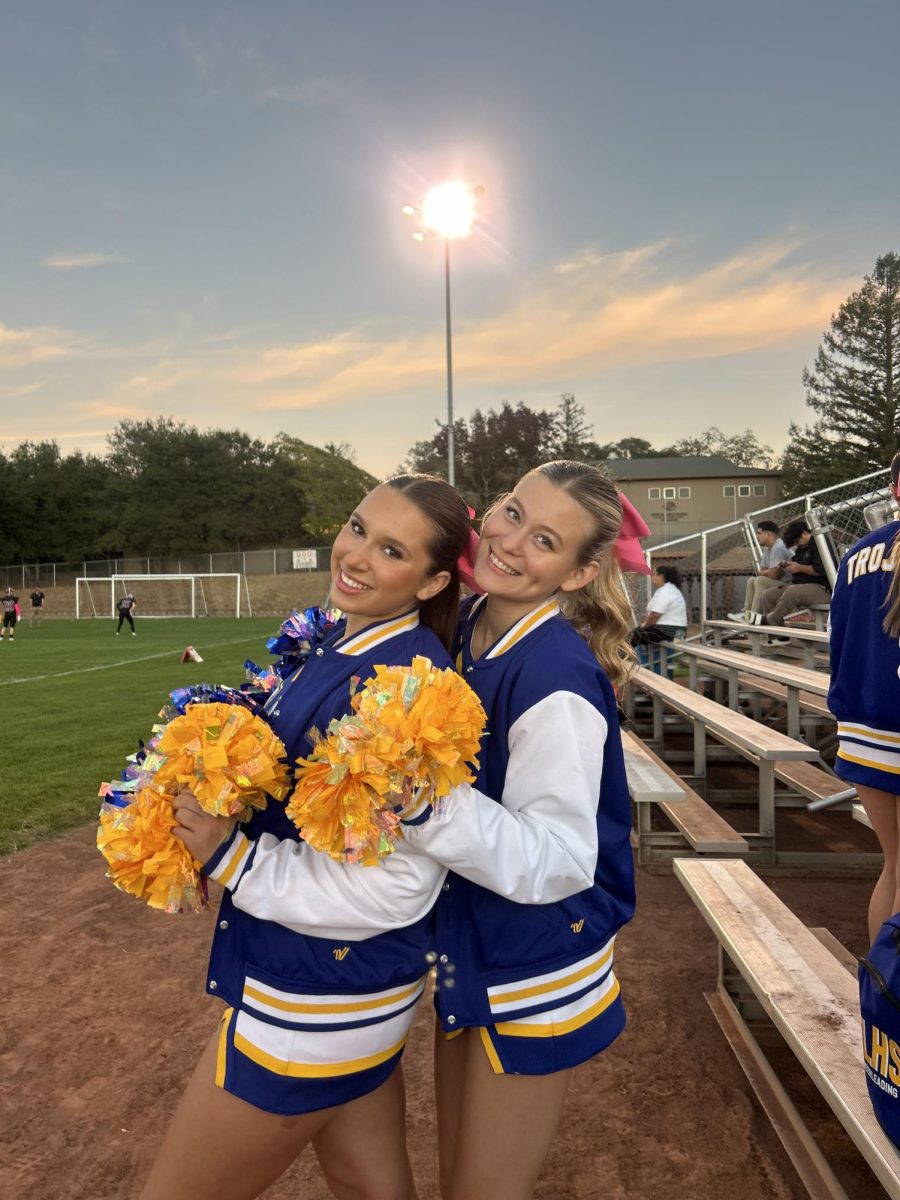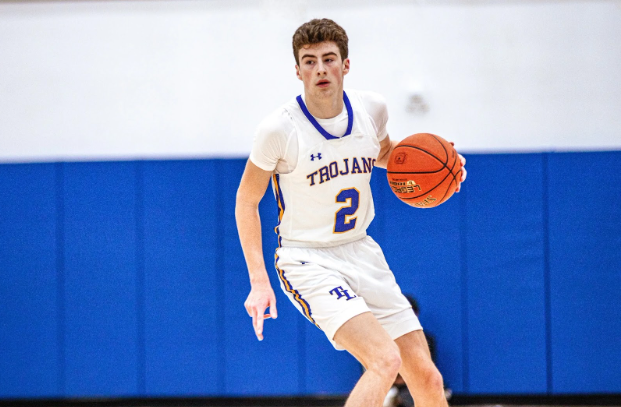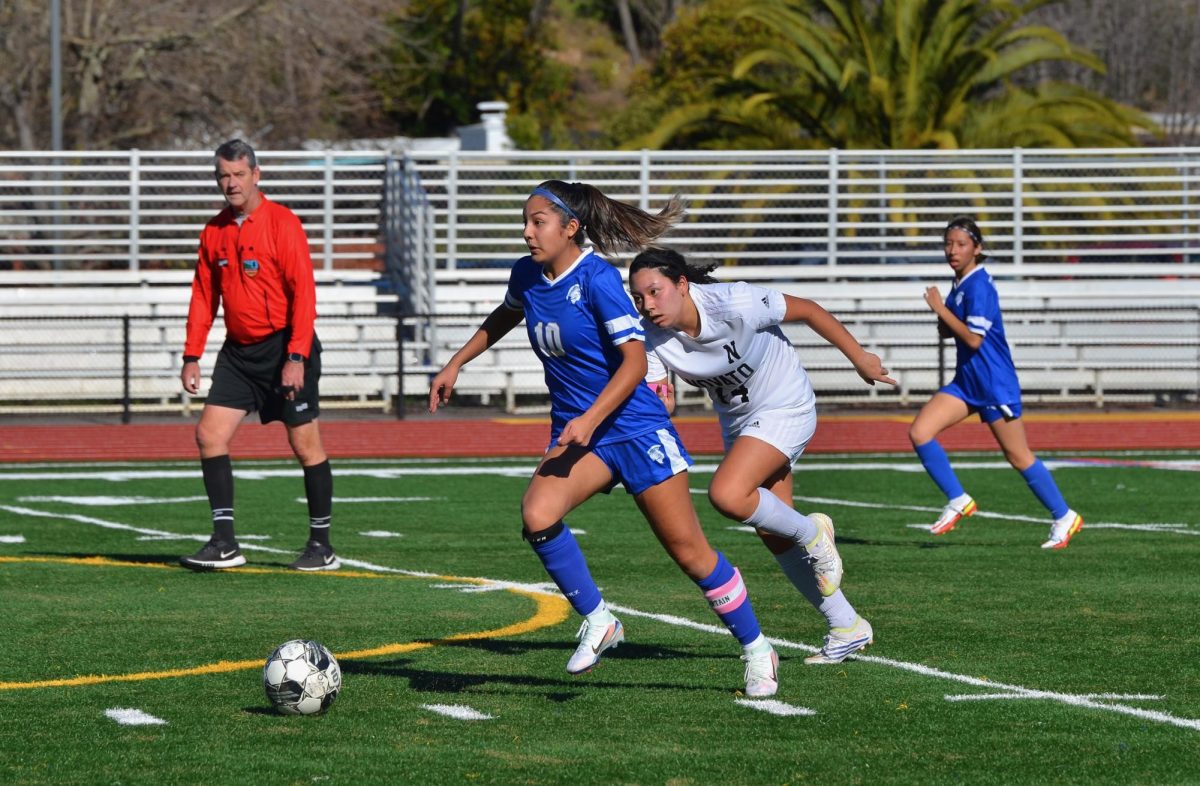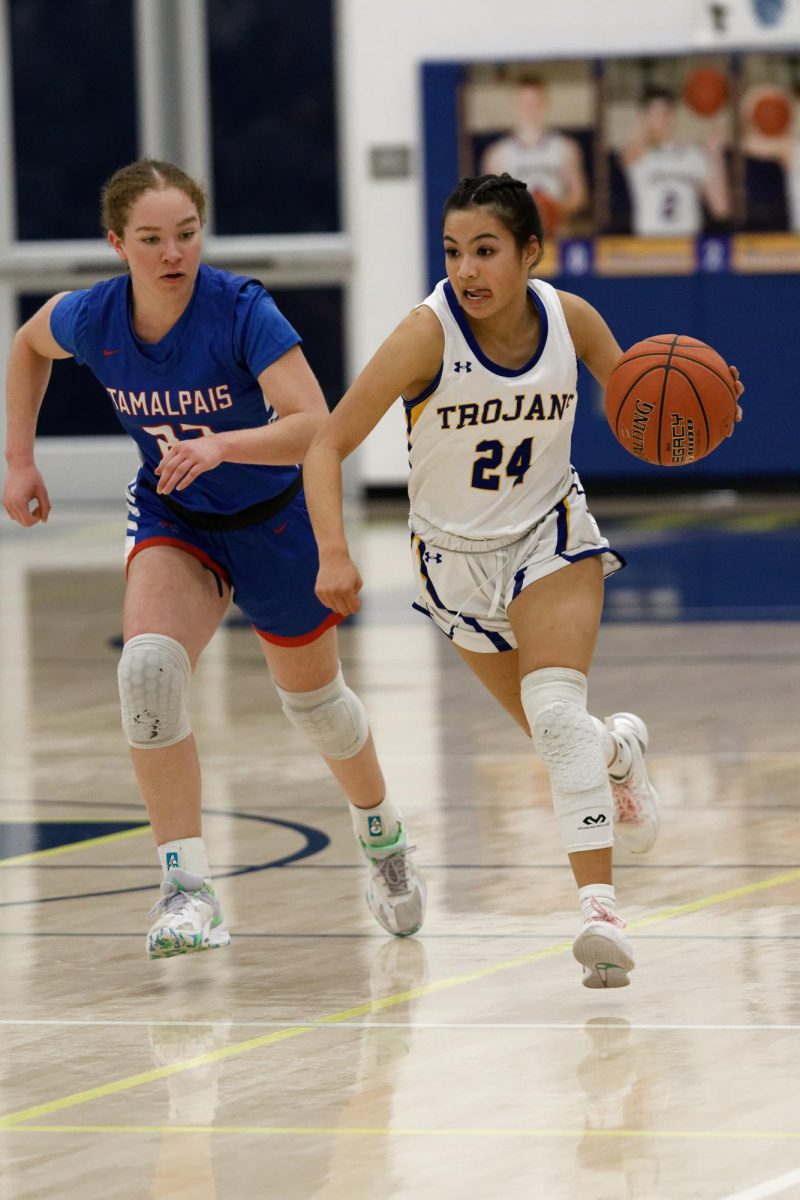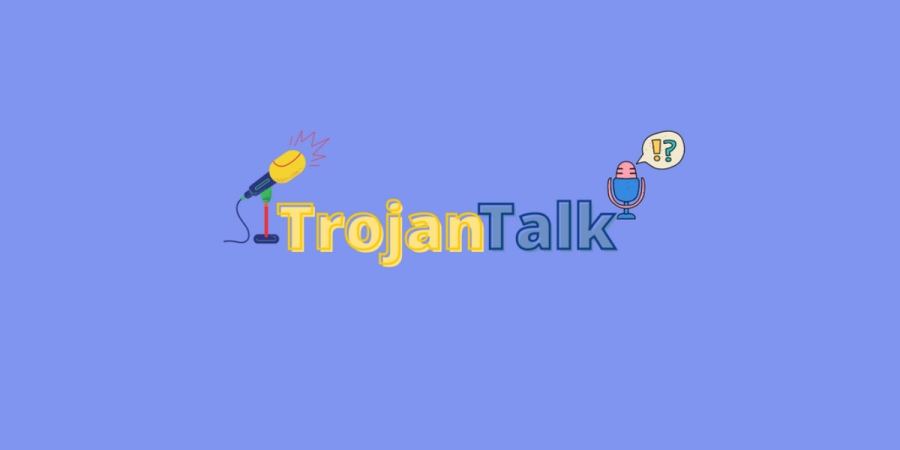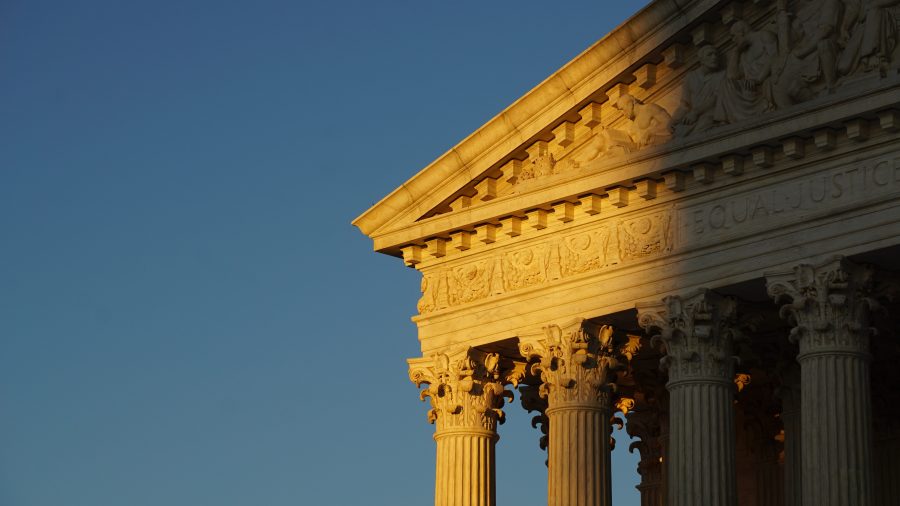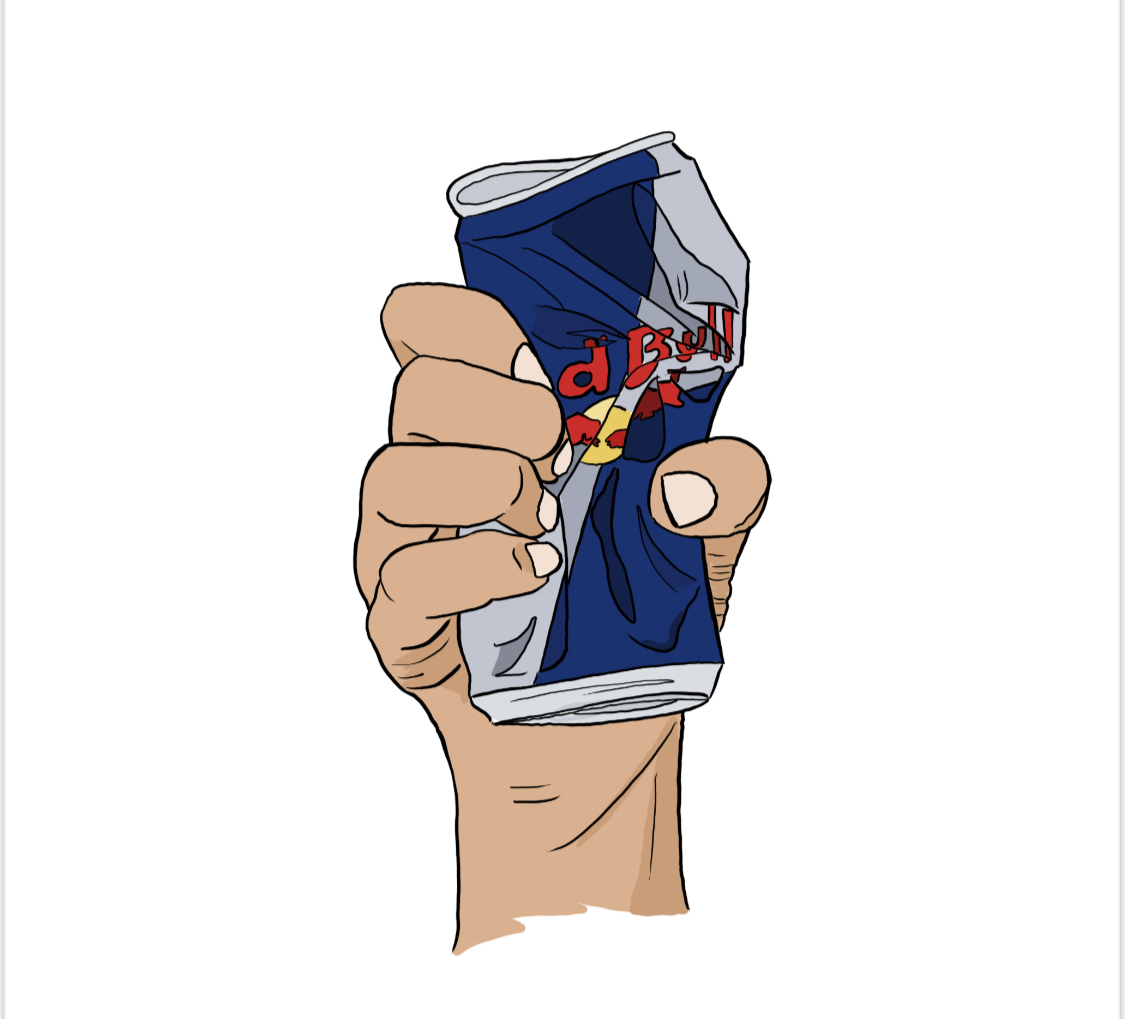Back in 2017, Brandi Levy, then a freshman at Mahanoy Area High School in Mahanoy City, PA, heard that she hadn’t made the team for her school’s higher-level cheerleading squad. She went to Snapchat to post about her team’s decision. At a convenience store later that day, she took a selfie with her friend and added a caption that read, “F**k school f**k softball f**k cheer f**k everything.” School team officials saw the picture taken as a screenshot by another student, and Brandi was banished from the team she was currently on. Upset at the decision, Brandi’s parents filed a civil lawsuit. When a lower court ruled in Brandi’s favor, the school district appealed. In 2017, the Pennsylvania Chapter of the American Civil Liberties Union (ACLU) took on the case, representing Brandi. The United States District Court of Appeals for the Third Circuit ruled in favor of the student once again. When that was appealed, the case was petitioned to be heard by the United States Supreme Court in January of this year. Oral arguments about the case occurred on Apr. 28.
Justice Brett Kavanaugh went to the source of the case to say that the team’s coach went overboard by banishing her for a year, saying that it was an “overreaction.” Jessica Ralh, a sophomore at Terra Linda and Mr. Lubamersky, a government teacher at Terra Linda both stated that they agreed that it was an overreaction entirely. Mr. Lubamersky went a step further, saying “I think a week long suspension would have been more appropriate in this case.”
Levy’s case hearkens back to the case of Tinker v. Des Moines Independent Community School District, the infamous case where high school students Mary Beth Tinker and Christopher Eckhardt rallied other students at the school to protest the ongoing Vietnam War. When this occurred in 1965, it raised a question about whether or not a student or group of students could disrupt the school environment. In 1969, the Supreme Court gave a final decision that went in favor of the students citing that students do not shed their constitutional rights to freedom of speech or expression at the schoolhouse gate. Along with that, they clarified that if and when significant disruption is enough to impact the school environment, that public school officials could regulate their speech.
When oral arguments for Levy’s case began, Lisa Blatt, attorney for Mahanoy Area School District, argued that with the mass dissemination that social media has nowadays, it is probable that the aforementioned speech by Brandi Levy would cause disruption within the campus, despite her being off-campus when those comments were made. Furthermore, Blatt argued that the court ought to define Tinker’s reach both on and off campus to provide clarity to its applications in school settings.
During oral arguments, Justice Clarence Thomas brought up comparisons of recent protests like Black Lives Matter, and argued that those are more conditioned and allowed in school environments. Blatt shut down the question entirely by saying that political speech that is specifically targeted to students in a discriminatory manner is a different question.
Justice Stephen Breyer argued that Tinker v. Des Moines doesn’t exactly apply to this case. The resolution from Tinker was that if speech that was materially and substantially disruptive to the work and discipline of the school, then school intervention would be appropriate. Justice Breyer stated, “I don’t see much evidence it [disruption] did.” He went on to say that he believed Levy’s Snapchat didn’t go further to affect students themselves. Blatt argued that it could be a disruption because Brandi Levy targeted her coaches, the coach, and other students’ ability to play. Moreover, Blatt cited disrespect to coaches by using profane language and gestures.
Justice Sotomayor argued that because Levy sent the Snapchat out and that it was done outside of the school campus and outside of school and rehearsal hours, that a Tinker argument couldn’t be made that would cause substantial disruption (as said in Tinker v. Des Moines decision). In response, Blatt agreed that those arguments were justified and that it was fatal for Tinker as an argument here. Continuing, Blatt pushed to clarify that just because Levy was at an off-campus convenience store that shouldn’t mean that her disparaging comments about the school and the sport should be ignored.
It is worrying to consider whether or not students should limit their free speech about school when on social media. Ralh added, “Students should be worried because if the school wins, then the students would feel unsafe on whether or not they should speak up against the school. I feel like it would keep them more quiet and hesitant to speak up which could create a hostile environment between the students and school officials.” Mr. Lubamersky and Ralh both set a fine line; if the speech is in regards to violence or threats to other students or teachers and it was made off-campus, then it would be appropriate to intervene.

